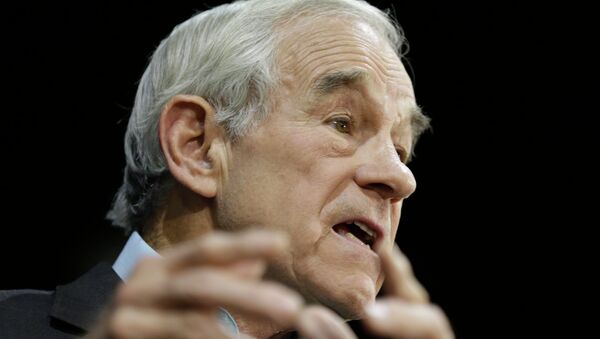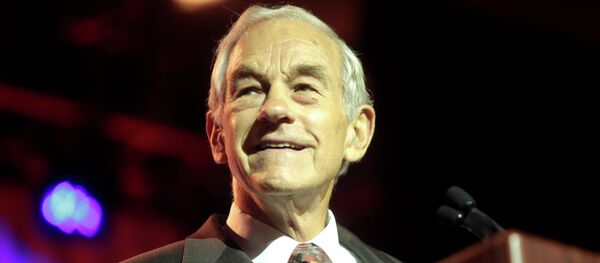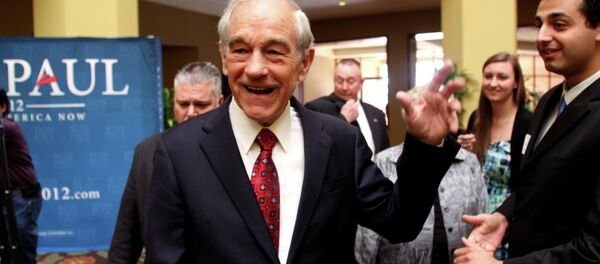Speaking at the libertarian Mises Circle in Houston, Paul indicated that the breakup of the federal government was all but inevitable.
“The good news is, it’s going to happen…it’s happening!”
The statement was met with enthusiastic cheers from an audience gathered for the Mises Institute’s one-day seminar entitled “Breaking Away: The Case for Secession” in late January.
In his address, Paul suggested that secession will not come about through congressional legislation, but will happen in a gradual, de facto manner, as more and more Americans disregard laws they disagree with.
“When conditions break down, there is going to be an alternative… There is going to be a de facto secession movement going on. The states are going to refuse to listen to the federal government, ‘We’re not gonna listen to you anymore about the drug laws.’ And they’re getting out of it. I think the American people are waking up to that, and as far as I’m concerned, the more the merrier.”
Referring to our current age as “the end of an era”, Paul argued that secessionism will rise as a means to amend the current failures and weaknesses of central governance. A key example he used to demonstrate this point is the current crisis in the Middle East with the rise of the terrorist group ISIS.
The fact that nuclear-armed governments surrounding ISIS-captured territories are incapable of dealing with the group, he suggested, is “telling us that the old fashioned organization of the government and the state is very very weak and that what has gained strength is the countries and the movements that are dealing with ideas and getting people to do things.”
Paul additionally predicted that, in association with the secessionist movement, the Federal Reserve will end.
“What we are currently witnessing is the failure of Keynesian interventionist planned economies associated with the Federal Reserve System, and that too will end.”
Rep. Ron Paul has been explicit about his advocacy for secessionism in the past, particularly in the follow-up to the November 2012 presidential election, when he referred to it as a “deeply American principle.”




